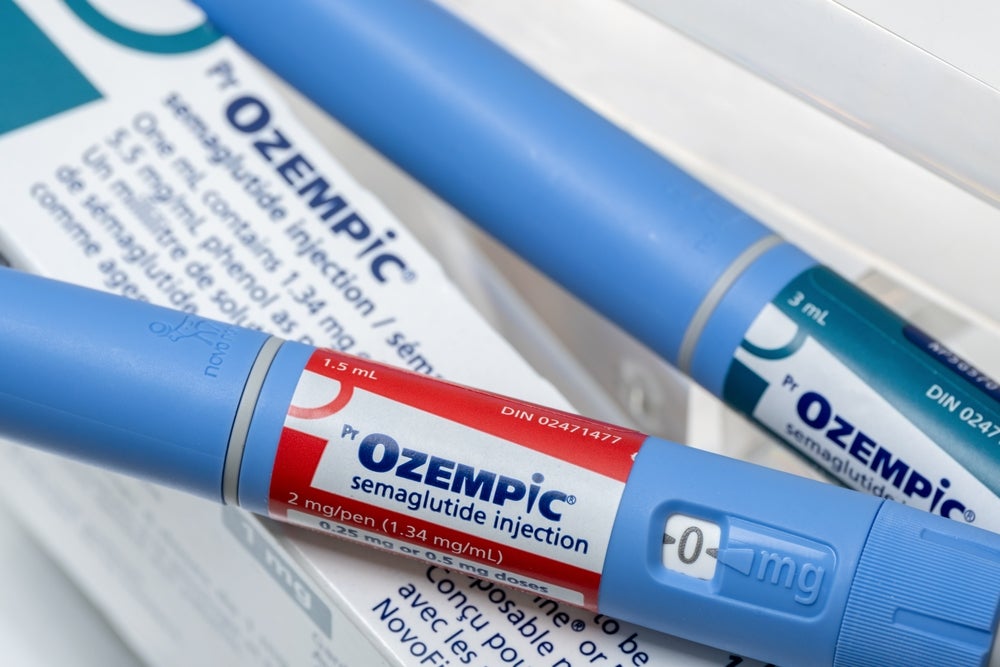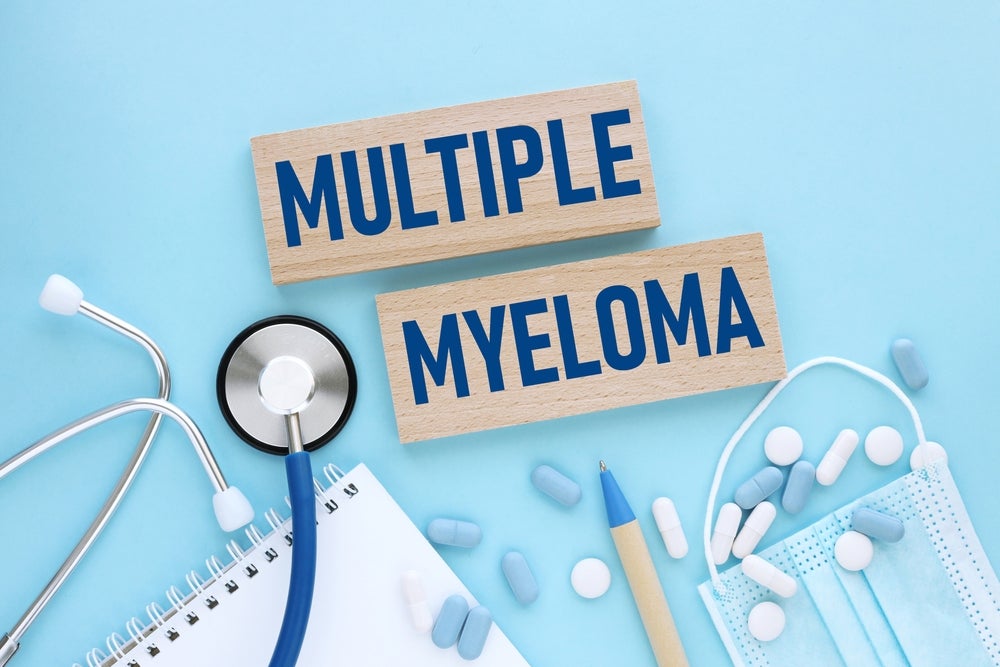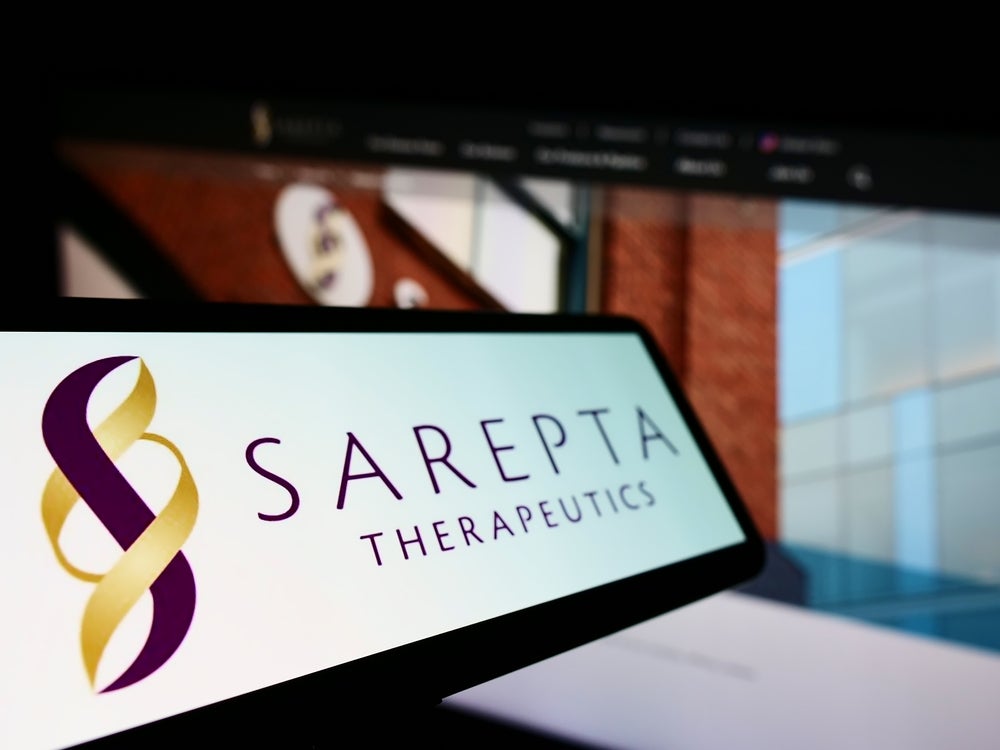The World Health Organization (WHO) has issued an alert on falsified versions of Novo Nordisk’s blockbuster type 2 diabetes drug Ozempic (semaglutide).
There has been huge demand in the past year for Ozempic and its weight loss-indicated counterpart Wegovy (semaglutide), along with other glucagon-like peptide-1 (GLP-1) drugs including Eli Lilly’s Mounjaro (tirzepatide) and Zepbound (tirzepatide), which has led to global shortages.
The WHO stated it has been observing “increased demand for [semaglutide products] as well as reports on falsification,” according to a 20 June alert.
Three falsified batches of Ozempic were detected in Brazil and the UK in October 2023, and in the US in December 2023. The organisation added that although this is the first official notice it has received regarding the counterfeits, it has seen increasing reports of falsified semaglutide products across the world since 2022.
The agency said that falsified products could have harmful effects on people’s health. This includes health complications from incorrect raw components and blood glucose risks from undeclared additional active ingredients such as insulin.
The alert recommended that patients using semaglutide to avoid buying products from unfamiliar or unverified sources such as online websites. Earlier this year, the US Food and Drug Administration (FDA) sent a warning letter to Synthetix and US Chem Labs for selling unapproved and misbranded versions of GLP-1 therapies online.
WHO assistant director-general for access to medicines and health products Dr Yukiko Nakatani said: “WHO advises healthcare professionals, regulatory authorities and the public [to] be aware of these falsified batches of medicines. We call on stakeholders to stop any usage of suspicious medicines and report to relevant authorities.”
The WHO does not currently recommend semaglutide for diabetes management due to the drug’s high costs. Still, the organisation said it is working on rapid advice guidelines for the possible use of GLP-1 receptor agonists for obesity treatment and as part of a more comprehensive model of care.
Ozempic generated around $14bn (DKr97.68bn) in revenue in 2023, accounting for 41% of Novo Nordisk’s total sales. The company increased the list price of the drug earlier this year, with a four-week supply now costing $969.
Novo Nordisk and Eli Lilly, meanwhile, have been busy taking legal action against unapproved sellers. On the same day the WHO issued its alert, Eli Lilly released an open letter stating it is seeking legal action against several medical spas, wellness centres and various clinics that are selling products claiming to have tirzepatide for cosmetic weight loss. Novo Nordisk has also been pursuing 12 lawsuits of its own – it settled two against a med-spa and a clinic in Florida earlier this year.
















